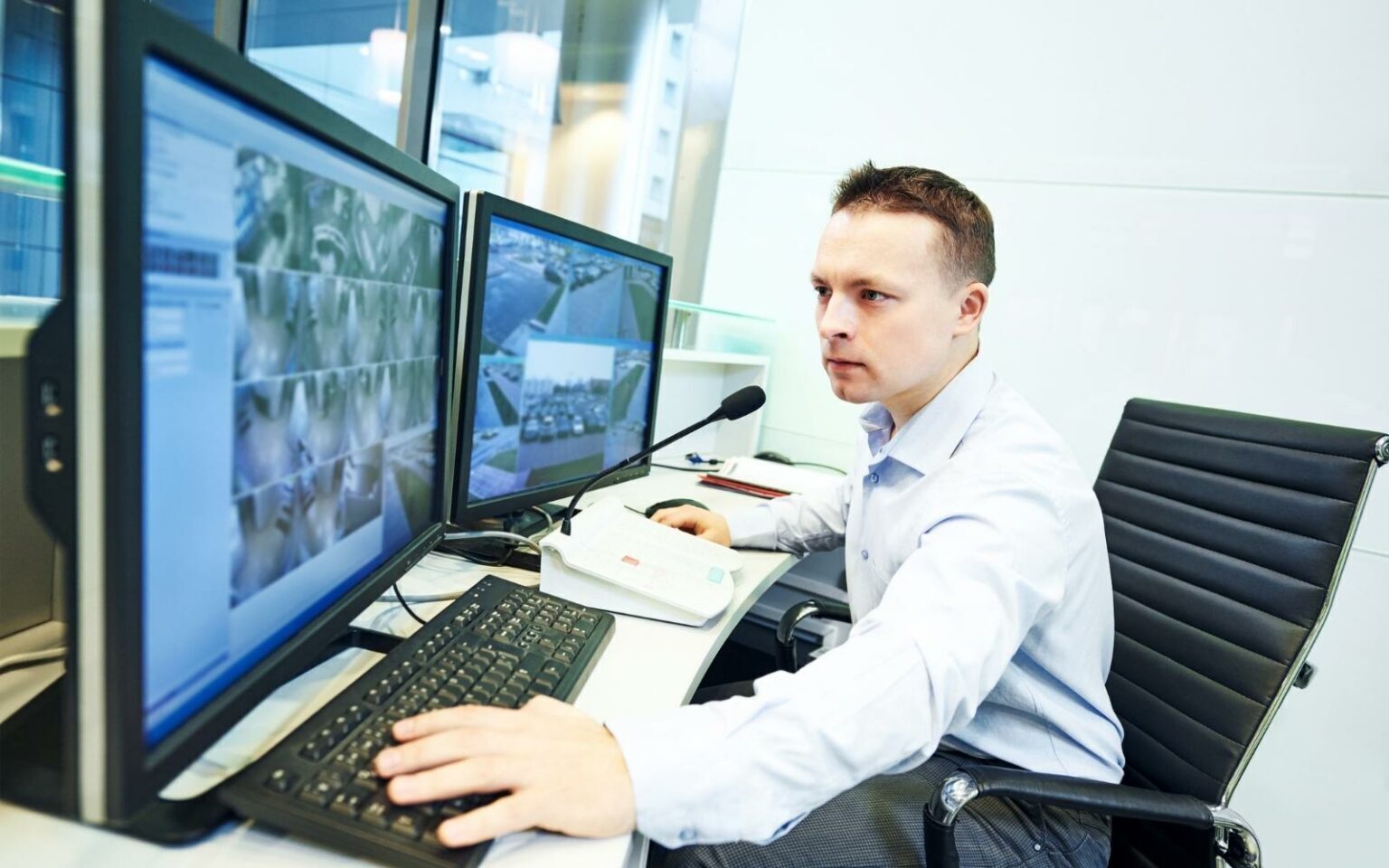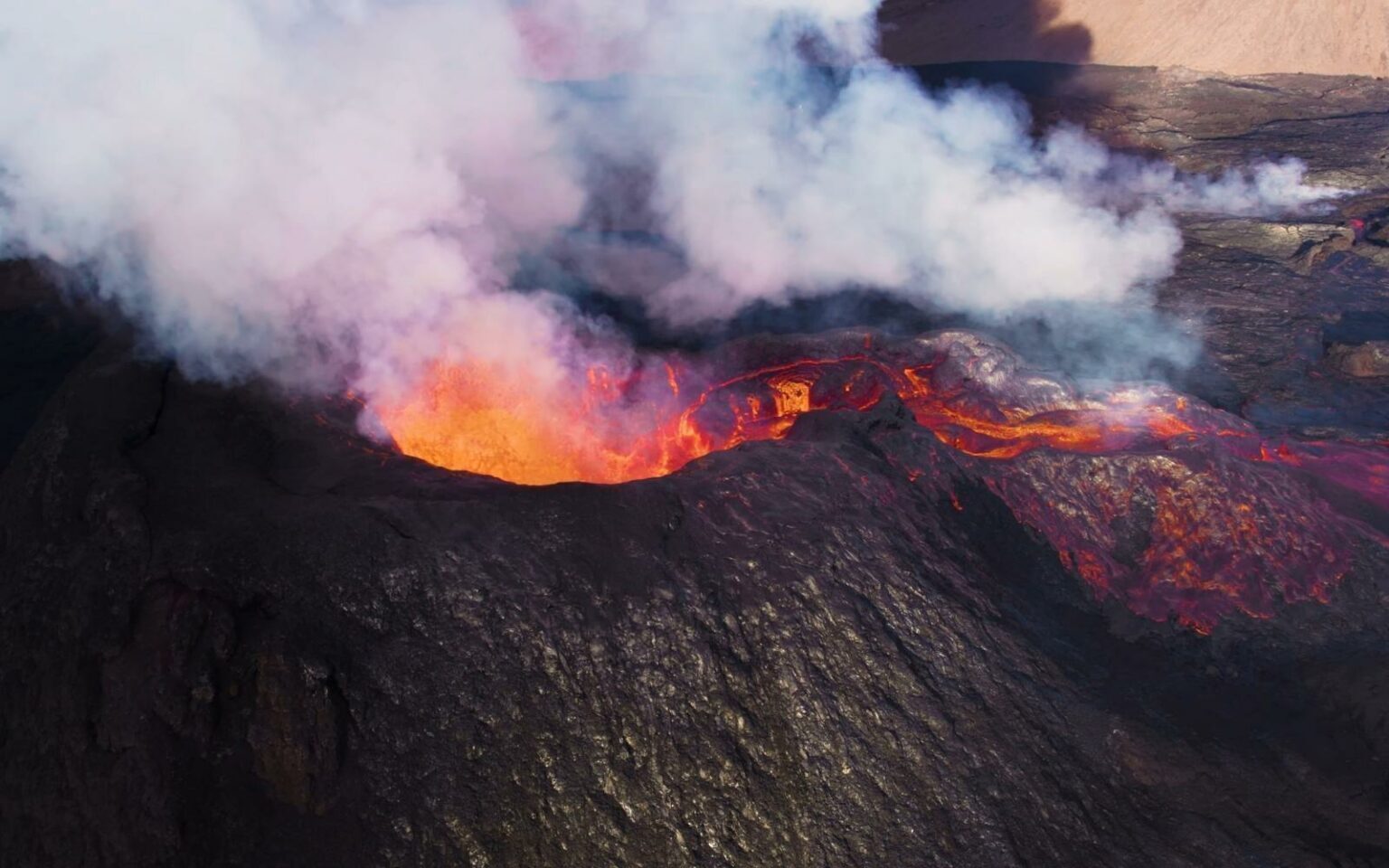Tactical nuclear weapons have burst onto the international stage as Russian President Vladimir Putin, facing battlefield losses in eastern Ukraine, has threatened that Russia will “make use of all weapon systems available to us” if Russia’s territorial integrity is threatened. Putin has characterized the war in Ukraine as an existential battle against the West, which he said wants to weaken, divide and destroy Russia. U.S. President Joe Biden criticized Putin’s overt nuclear threats against Europe. Meanwhile, NATO Secretary-General Jens Stoltenberg downplayed the threat, saying Putin “knows very well that a nuclear war should never be fought and cannot be won.” This is not the…
Author: The Conversation
The human face is special. It is simultaneously public and personal. Our faces reveal sensitive information about us: who we are, of course, but also our gender, emotions, health status and more. Lawmakers in Australia, like those around the world, never anticipated our face data would be harvested on an industrial scale, then used in everything from our smartphones to police CCTV cameras. So we shouldn’t be surprised that our laws have not kept pace with the extraordinary rise of facial recognition technology. But what kind of laws do we need? The technology can be used for both good and…
In 2020, China’s Chang’e 5 mission sampled more than a kilogram of Moon rock and soil and brought it back to Earth. The samples contain countless tiny beads of glass, created when asteroids hit the Moon and splashed out droplets of molten rock around the impact site. We have analysed these glass beads and the impact craters near where they were found in great detail. Our results, published in Science Advances, reveal new details about the history of asteroids hitting the Moon over the past 2 billion years. In particular, we found traces of several waves of impacts occurring at the…
Imagine a future where, despite efforts to reduce greenhouse gas emissions quickly, parts of the world have become unbearably hot. Some governments might decide to “geoengineer” the planet by spraying substances into the upper atmosphere to form fine reflective aerosols – a process known as stratospheric aerosol injection. Theoretically, those tiny particles would reflect a little more sunlight back to space, dampening the effects of global warming. Some people envision it having the effect of a volcanic eruption, like Mount Pinatubo in 1991, which cooled the planet by about half a degree Celsius on average for many months. However, like that…
Volcanic eruptions cannot be predicted with 100 per cent certainty. However, details about an upcoming eruption can be estimated using the hot and smelly gases a volcano produces. These gases provide clues about the timing, duration or severity of upcoming eruptions which can help local authorities decide if and when the surrounding communities need to be evacuated. On average, there are up to 50 volcanoes actively erupting on the planet at any given time. Many of these volcanoes are more likely to be spewing hot gases — like steam and carbon dioxide — than lava. Collecting these gases is key to understanding…
In March 2022, the author of node-ipc, a software library with over a million weekly downloads, deliberately broke their code. If the code discovers it is running within Russia or Belarus, it attempts to replace the contents of every file on the user’s computer with a heart emoji. A software library is a collection of code other programmers can use for their purposes. The library node-ipc is used by Vue.js, a framework that powers millions of websites for businesses such as Google, Facebook, and Netflix. This critical security vulnerability is just one example of a growing trend of programmers self-sabotaging their own code for political purposes. When programmers…
Google and Apple have removed hundreds of apps from their app stores at the request of governments around the world, creating regional disparities in access to mobile apps at a time when many economies are becoming increasingly dependent on them. The mobile phone giants have removed over 200 Chinese apps, including widely downloaded apps like TikTok, at the Indian government’s request in recent years. Similarly, the companies removed LinkedIn, an essential app for professional networking, from Russian app stores at the Russian government’s request. However, access to apps is just one concern. Developers also regionalize apps, meaning they produce different versions for different countries.…
At first glance, it’s hard to see what gold, iron, lead, arsenic, silver, platinum and tin have in common. A look at the periodic table will clear up the confusion: they are all heavy metals, typically categorised as those metals with an atomic weight and density at least five times greater than water. These and other heavy metals occur naturally in the environment, and in some cases, in our bodies. They’re mostly considered harmless but at certain levels of exposure they can be toxic to human, plant and animal life. Being over exposed to heavy metals can stunt plants’ growth and lower…
In September, the Wall Street Journal reported that Instagram is faltering in its bid to keep up with TikTok, the wildly popular Chinese-owned video-sharing app. But it is not just Instagram fretting over TikTok’s meteoric rise — a Google exec raised similar concerns about how TikTok was drawing younger users away from Google’s core services such as Search and Maps. TiKTok’s rise is confirmed by data from our new nation-wide, census-balanced online survey, The State of Social Media in Canada 2022, which surveyed 1,500 Canadian adults over the age of 18 between May 12 and 31, 2022. The rise of TikTok Our report findings show that Canadians’ use of…
Houses are getting smarter: smart thermostats manage our heating, while smart fridges can monitor our food consumption and help us order groceries. Some houses even have smart doorbells that tell us who is on our doorstep. And of course, smart TVs allow us to stream the content we want to watch, when we want to watch it. If that all sounds very futuristic, a recent survey tells us that 23% of people in western Europe and 42% of people in the US use smart devices at home. While these smart devices are certainly convenient, they can also present security risks. Any device with…










